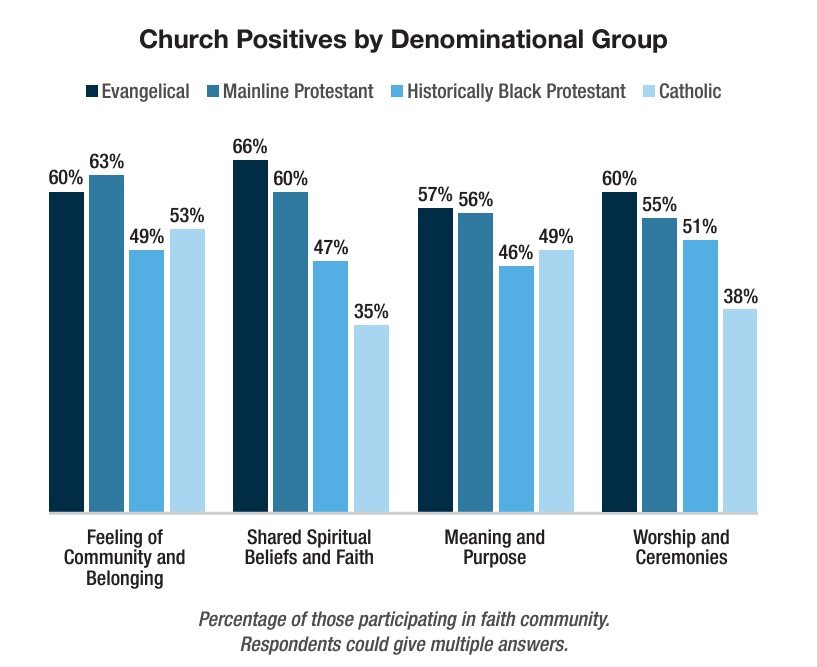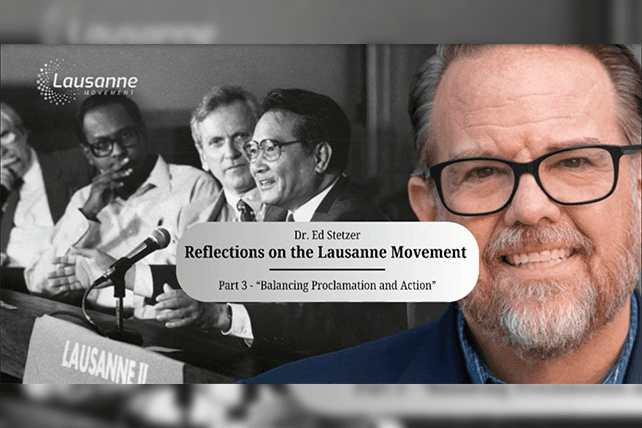 In the nuanced landscape of human emotions, guilt and shame stand as profound markers of our inner life, reflecting our deepest values, fears, and desires. Within the framework of Neuroscience Informed Christian Counseling® (NICC), the exploration of these emotions extends beyond their psychological dimensions, embracing theological insights to offer a holistic understanding of their impact on an individual’s well-being.
In the nuanced landscape of human emotions, guilt and shame stand as profound markers of our inner life, reflecting our deepest values, fears, and desires. Within the framework of Neuroscience Informed Christian Counseling® (NICC), the exploration of these emotions extends beyond their psychological dimensions, embracing theological insights to offer a holistic understanding of their impact on an individual’s well-being.
Guilt and shame, though frequently conflated, embody distinct experiences that influence our psychological health and spiritual journey in unique ways. This article delves into the complexities of guilt and shame, elucidating their differences through the lens of NICC, which intertwines the rich tapestry of Christian theology with the intricate findings of psychology and neuroscience. By understanding the nuanced distinctions between guilt and shame, we embark on a path toward healing, growth, and a deeper connection with our authentic selves and our Creator.
Shame vs. Guilt
The differences between guilt and shame, especially in the context of Neuroscience Informed Christian Counseling® (NICC), draw upon both theological and psychological insights. Guilt and shame, while often used interchangeably in everyday language, signify distinct emotional experiences with unique implications for an individual’s psychological and spiritual well-being.
Guilt
Guilt is typically understood as the emotional response to having done something wrong or failing to do something right. It is action-oriented, meaning it is tied to a specific behavior or set of behaviors. Guilt says, “I did something bad,” and it can lead to repentance, seeking forgiveness, and making amends. From a Christian perspective, guilt can be seen as conviction from the Holy Spirit, prompting individuals to reconcile with God and others (2 Corinthians 7:10). The psychological literature also recognizes guilt’s adaptive role in motivating behavior change, repairing social bonds, and fostering moral growth.
Shame
Shame, on the other hand, is more pervasive and relates to one’s sense of self. Shame says, “I am bad,” implying a fundamental flaw or inadequacy in one’s being. It is not just about what one has done but about who one perceives themselves to be. Shame often leads to hiding, withdrawal, and a sense of worthlessness, which can severely impact an individual’s relationship with others and with God. In shame, there is a deep-seated belief that one is unworthy of love and connection. Theologically, shame has been addressed through the narrative of grace and redemption in Christ, emphasizing that one’s identity is found in being loved and accepted by God, regardless of one’s flaws or failures (Romans 8:1).
NICC, with its emphasis on emotional healing informed by both neuroscience and Christian theology, addresses guilt and shame through a process of uncovering deep-seated beliefs about oneself (related to shame) and one’s actions (related to guilt). This involves exploring the origins of these feelings, differentiating between healthy conviction leading to repentance (guilt) and destructive beliefs about one’s worth (shame), and integrating principles of forgiveness, grace, and identity in Christ.
The therapeutic approach includes helping individuals to understand and experience God’s unconditional love and acceptance through relational experiences with people, thus countering shame’s core message of unworthiness. For guilt, the focus may be on facilitating confession, forgiveness (both receiving and offering it), and the repair of relationships damaged by one’s actions, aligned with biblical teachings on reconciliation.
Guilt is action-oriented and can lead to positive moral and relational outcomes when handled constructively, while shame is self-oriented and often requires neutralizing through a process of identity reformation grounded in understanding one’s inherent worth and belovedness by God. NICC’s approach to counseling encompasses strategies to address both, offering pathways to healing and restoration that bridge psychological insights and biblical truth.
The Neuroscience of Guilt & Shame
Research in the field of neuroscience has provided insights into how guilt and shame are processed differently in the brain. A meta-analysis focusing on functional neuroimaging studies of healthy individuals investigating the neural substrates of shame, embarrassment, and guilt found that both emotions are associated with activation of the left anterior insula, which is involved in emotional awareness processing and arousal.
However, guilt-specific areas were located within the left temporo-parietal junction, linked to social cognitive processes. Shame and embarrassment, on the other hand, activated areas related to social pain (such as the dorsal anterior cingulate and thalamus) and behavioral inhibition networks (including the premotor cortex), indicating a distinct pattern of neural activation that reflects the unique action tendencies and experiences associated with these emotions.
Further psychological perspectives suggest that while guilt can be considered an adaptive emotion, leading to prosocial behavior and efforts to amend wrongdoings, shame is often associated with avoidance behaviors and negative self-evaluation. Guilt involves a focus on the action and its consequences on others, promoting behaviors like apologizing, making reparations, and seeking forgiveness. Shame, however, is more self-focused, leading to behaviors aimed at hiding or escaping the source of shame.
These findings underscore the complex and distinct roles that guilt and shame play in our emotional lives and social interactions, as well as their unique neurobiological underpinnings.
Treating Shame
Shame, understood as a response to guilt in the absence of an internal working model of secure attachment and relational connection, forms a profound sense of being flawed or unworthy of love and acceptance. This emotional experience is intensified when individuals lack a secure base that communicates unconditional acceptance and love, especially in moments of failure or moral wrongdoing.
From a NICC perspective, the absence of a secure attachment internal working model leads to a vulnerability where guilt—typically a response to specific actions or behaviors—transmutes into shame, a more pervasive and damaging sense of self. Guilt says, “I did something bad,” whereas shame declares, “I am bad.” This distinction is crucial for understanding how individuals process their actions and their self-worth.
In the therapeutic context, the focus is on the importance of creating a secure therapeutic alliance and fostering emotional engagement and bonding. This approach helps individuals explore painful emotions within a safe relationship, allowing for the identification and transformation of maladaptive internal working models that contribute to shame .
Mismatch work, a core component of NICC, leverages the neuroscience of memory reconsolidation to introduce corrective experiences that counteract the original memories or beliefs underpinning shame. By activating these memories in the context of a secure, attuned therapeutic relationship and introducing experiences that starkly contrast with the original shame-inducing messages, individuals can integrate new, healing narratives into their sense of self.
NICC’s treatment protocols further underscore the tailored application of these therapeutic principles to specific issues related to shame, anxiety, depression, and other emotional struggles. Through structured mismatching experiences, individuals are guided to confront and transform the deep-seated beliefs and emotions that fuel shame, fostering a sense of worthiness and acceptance.
Biblical principles integrated into NICC offer a spiritual dimension to healing from shame. Scriptures that affirm God’s unconditional love and acceptance, incarnationally modeled by the counselor, provide a powerful counter-narrative to feelings of unworthiness and flaw. For instance, Romans 8:1 states, “There is therefore now no condemnation for those who are in Christ Jesus,” emphasizing that one’s identity and worth are not defined by failures or shortcomings but by their inherent value as children of God.
NICC addresses shame by combining therapeutic techniques that foster secure relational connections and emotional processing with the transformative power of spiritual truths. This integrated approach not only challenges the internalized messages of shame but also promotes the development of a new, more compassionate and accepting internal working model.
Conclusion
In the quest to navigate the turbulent waters of guilt and shame, Neuroscience Informed Christian Counseling® (NICC) offers a beacon of hope, blending the empirical insights of neuroscience with the transformative power of biblical truth. This integrative approach not only illuminates the distinct pathways through which guilt and shame impact our lives but also provides a roadmap for healing that honors both our psychological complexity and our spiritual identity.
By differentiating between the action-oriented nature of guilt and the self-oriented depths of shame, NICC guides individuals toward a place of compassion, acceptance, and redemption. Here, in the convergence of science and faith, we find a profound source of resilience, enabling us to embrace our inherent worth and step into the fullness of our identity as beloved children of God. Through the therapeutic journey, individuals are equipped to transcend the constraints of guilt and shame, emerging with a renewed sense of purpose, belonging, and hope.
REFERENCES
- The Neural Signatures of Shame, Embarrassment, and Guilt: A Voxel-Based Meta-Analysis on Functional Neuroimaging Studies
- A Comparison of the Social-Adaptive Perspective and Functionalist Perspective on Guilt and Shame
This article originally appeared here.






















 In the nuanced landscape of human emotions, guilt and shame stand as profound markers of our inner life, reflecting our deepest values, fears, and desires. Within the framework of Neuroscience Informed Christian Counseling® (NICC), the exploration of these emotions extends beyond their psychological dimensions, embracing theological insights to offer a holistic understanding of their impact on an individual’s well-being.
In the nuanced landscape of human emotions, guilt and shame stand as profound markers of our inner life, reflecting our deepest values, fears, and desires. Within the framework of Neuroscience Informed Christian Counseling® (NICC), the exploration of these emotions extends beyond their psychological dimensions, embracing theological insights to offer a holistic understanding of their impact on an individual’s well-being.






